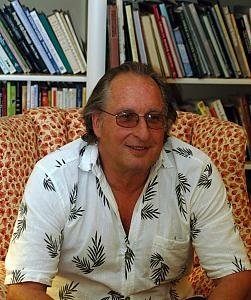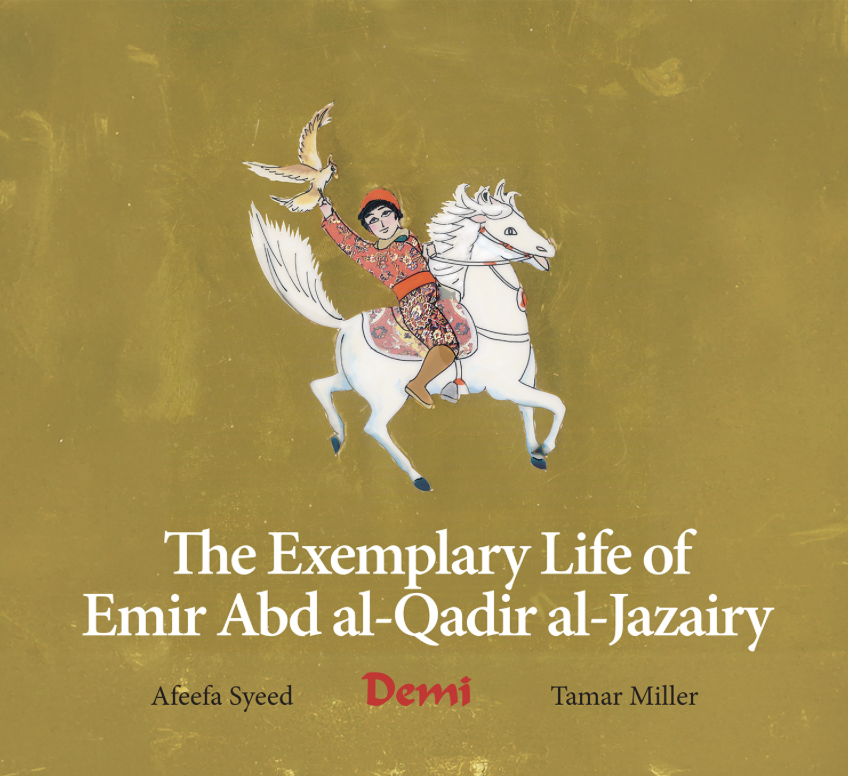Who is Ignác Goldziher?
The Goldziher (Gold-zi-air) Prize is named for Ignác Goldziher (1850-1921), a Hungarian Jewish scholar of Islamic jurisprudence and poetry. His studies of Islam and travels to cities with Muslim majorities were motivated by deep respect and curiosities.
In the 1870’s, Goldziher toured Constantinople, Beirut, Damascus, Jerusalem, and Cairo, where he became a student at Al-Azhar, the largest university in the Muslim world. There he prayed in a mosque and wrote in his diary: “In the midst of thousands of the pious, I rubbed my forehead against the floor… never in my life was I more devout … than on that Friday.” Goldziher believed Islam represented a touchstone for other monotheistic religions.
Returning to Hungary, Goldziher is credited as one of the founders of Islamic Studies in Western and Central European universities, where Jews had only recently been permitted admission, and where the study of Islam in European departments of religion was previously treated as heresy.
Goldziher was unique for his time because he studied Islam from within and from without—that is to say, critically but not judgmentally. He was curious about the vast diversity and richness of the the practice of Islam for Muslims historically. Of course, Goldziher was not free of biases, but he felt a close affinity with Islam without being Muslim — an interesting and productive position to claim.
Goldziher’s legacy offers us a model for connections between Muslims and Jews, reminding us of how many more possibilities exist beyond conflict. To learn more, please see Europe's Jewish Scholars of Islam by Shalom Goldman.
Judges (2017 - 2023)
Goldziher judges are a panel of journalists, scholars, and creators who bring:
Professional journalistic excellence, research, and empathy to the decision-making process of the prize; and
Lived experience with deep insights into the communities and themes the prize intends to uplift.
Advisors (2017 - 2023)
Goldziher advisors are a panel of seasoned professionals drawn from journalism, academia, tech, interfaith work, and community organizing, who:
Offer strategic guidance, open doors to new networks, and ensure the prize remains responsive to the changing media landscape.
History of the Goldziher Prize
In 2010, Joseph V. Montville (1937-2022), U.S. diplomat and compassionate public intellectual, joined John W. Kiser to create and fund the Goldziher Prize for scholars and community leaders. The former Center for Jewish-Christian-Muslim Relations at Merrimack College, an independent college in the Catholic Augustinian tradition, was the original institutional host for the prize.
John W. Kiser, William and Mary Greve Foundation
A former pig farmer, businessman, historian, and self-described contrarian, Kiser “likes to tell stories that others don’t.” He is also committed to the revival of legacy of Emir Abd al-Qadir al-Jazairy (1808-1889). The Emir exercised religious and ethical leadership as he and his loyalists fought French occupation of the Regency of Algiers for 17 years; maintained emotional and spiritual composure while under house arrest in France for five years; and saved 10,000 Christians while in exile in Damascus, where he planned to live out his final days in study and contemplation. For a deep dive, please a Kiser’s biography of the Emir, Commander of the Faithful, and the 2005 children’s book by Afeefa Sayeed and Tamar Miller, illustrated by DEMI.
The Exemplary Life of Emir Abd al-Qadir al-Jazairy, by Afeefa Sayeed and Tamar Miller.
Busts of Emir Abdelkader (R) and Henri Dunant (Founder, ICRC). Geneva. Abdelkader credited with being one of the precursors to the International Declaration of Human Rights.
2017: Tamar Miller, in collaboration with Evelyn Messinger, co-founder of Internews, created the Goldziher Prize for Journalists to highlight the voices and experiences of Muslim Americans—at a time when Islamophobia was growing, the “Muslim ban” dominated headlines, and negative portrayals filled media.
2019: Joining us for the 2019 competition, Religion News Foundation, dedicated to strengthening and improving understanding of religion, doubled the number of monetary prizes we were able to offer.
2022: The Goldziher Prize continued to offer awards to nationally syndicated journalists, community contributors, and journalism students in the U.S. Our interest was to bring the struggles, diversity, and richness of Muslim Americans to light.
2023: We expanded The Goldziher Prize to include journalists worldwide. Judges and advisors nominated entries that shined a light on Muslim communities outside of the U.S. We wanted to contribute to “complicating the narrative” (in journalist Amanda Ripley’s terms) about the struggles, diversity, and richness of Muslims, anywhere in the world.
2025: The Goldziher Prize focused on Muslims and Jews, worldwide.
2026: The Goldziher Prize will join in celebrating the Making Peace Visible Story Awards to support journalism that highlights peacemaking as a central narrative in conflict reporting.







